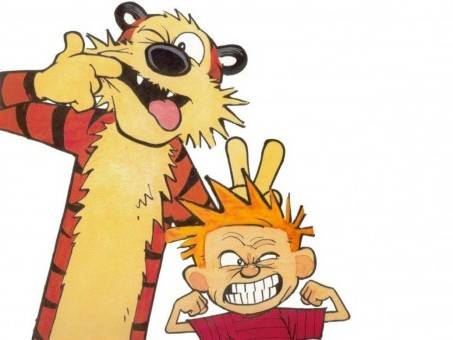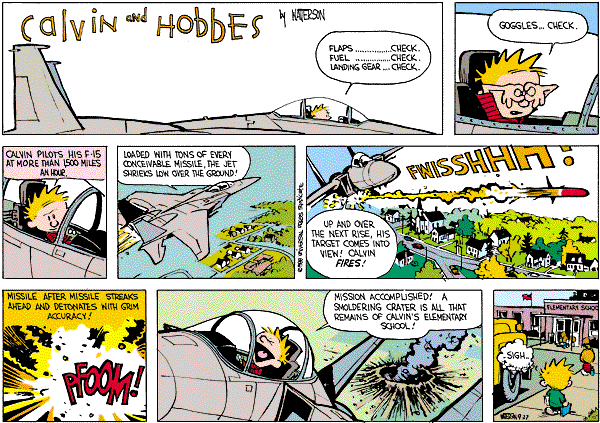The cold. Whenever she looked back on that time, that was
what stood out the most. The shivers. “It would get better”, the doctors had
assured her. Of course it would. And it had. For the most part. But her demons
had never truly left her, and probably never would. It was part of her now; she
had come to accept that. Their grins still haunted her nightmares; eternal
smiles lingering, long after their
bodies had faded away.
She could never quite remember when the hallucinations
began. The doctors had said that they were a defence mechanism, a way for her
body to cope with the abuse. When you have a neglectful mother, and a drunkard
father, where was a young girl to go? A magical escape, to a magical land. Not
that there was anything truly magical about it. But she had realised that far
too late.
Alice sighed, brushing away the strands of hair that
cascaded across her face. The past was not a place she liked to visit, but it
was required. A new form of therapy, they told her. A way to finally set
yourself free. Alice didn’t want to be set free. She had tried it once, and
look where that got her. Institutionalised. Always looked down upon. Forever a freak. Unfortunately, she had no say in
the matter. Perhaps she never did.
“Tea, Alice?” asked her therapist, seated across from her.
“No, thank you”, was the hurried reply. Alice and tea were not on good terms.
Not since her youth. Alice took a moment to study her therapist. A pretty
woman, probably younger than Alice was. She had an air of affected disinterest,
but Alice knew it was only for show. Surreptitiously, the therapist was
analysing Alice as one would an interesting species of insect. That was all
Alice was to them. A specimen, an object to be scrutinised, played with,
experimented on. Alice felt a wave of paranoia crashing upon her. The walls
seemed to be closing in. How could she escape from this? What new means would
they now use to dissect her?
“Breathe, Alice”, the therapist said, breaking Alice out of
her reverie. A hint of a smile was now on the therapist’s face. “There’s no
need to be so frightened, I’m just here to talk. Have the new pills helped at
all?” “Just fine, thanks”, replied Alice.
“Any nightmares recently?”
“Just the one. You know…the one with all the clocks. I’d
rather not talk about it.”
“I understand. Take your time.”
Alice settled back into a contemplative silence. If there
was one thing she had plenty of, it was time.
That was her one luxury, back when they kept her in the room with all
the padded walls. She supposed that she should have been grateful. After all,
they had given her a new life. One away from her family. But the only feeling
she could muster was regret. Regret that
she hadn’t spoken up sooner. Regret that she hadn't realised the pain she was
causing to herself. Regret that she found only herself to blame.
Alice caught herself. That was not a path of questions that
she should follow. They would only lead to disappointment and depression. After
all, how could she have possibly known the danger she was in? How close she was
to losing her mind, to locking herself out of this world? All she saw were the
pretty colours, the bright lights. And they had helped her. She was better now.
Maybe the nightmares would stop too. Eventually, she might even be considered
normal again.
“You know, doctor, the pills have helped me quite a bit, to
be honest. I’m starting to feel more like myself again.”
“That’s great, Alice! And please, call me Carol.”
“Well, thank you, Carol. You've helped me put my life back
together. I honestly couldn't be more grateful.”
“Just doing my job, Alice. This is excellent progress. I’m
glad you’re on the path to recovery. See you the same time, next week, then?”
“Of course. Goodbye, Carol.”
“Bye, Alice.”
As Alice crossed the makeshift lawn in front of her
therapist’s office, she thought she noticed something out of the corner of her
eye. A white rabbit, scurrying down a burrow as it chased after its out of
sight prey. The rabbit hole almost seemed to close up behind it, giving privacy
to its owner; shutting the world away. The sun poked out, its light appearing
to spread hope with every ray. Alice smiled. It was a new beginning.









